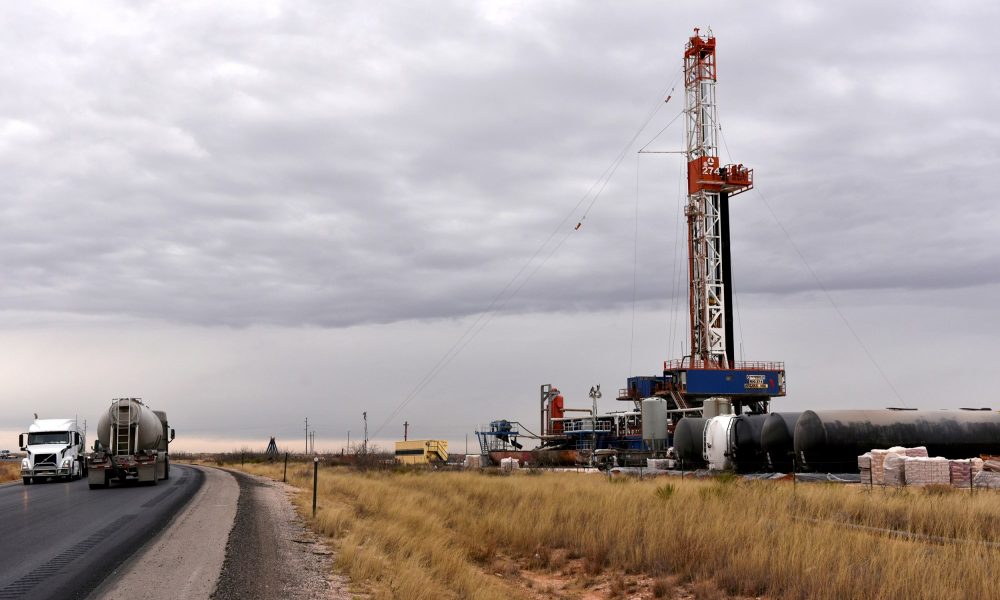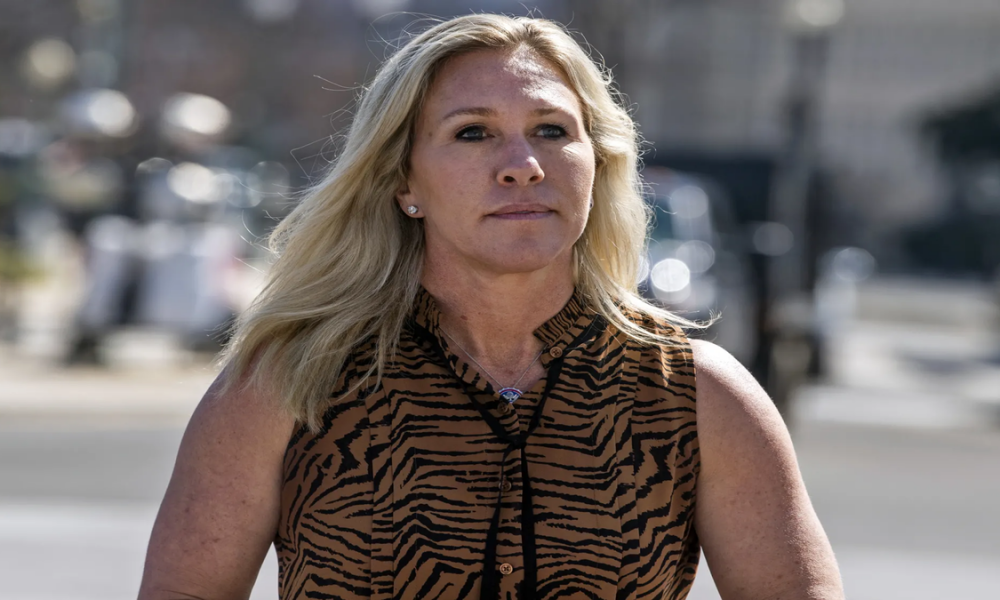As U.S. meat production plummeted between March and April following a rash of coronavirus outbreaks across the country, industry and political leaders sounded an alarm. Though as of late, it has become questionable if whether the U.S was really at risk of a meat shortage or not.
What We Know:
- Factory closures were “pushing our country perilously close to the edge in terms of our meat supply,” Kenneth Sullivan, CEO of Smithfield Foods, the country’s largest pork producer, warned in a public message April 6.
- As closures worsened three weeks later, John Tyson, chairman of Tyson Foods, put his name on a full page ad in The Washington Post and The New York Times warning that America’s “food supply chain is breaking”.
- “We’ve been very skeptical about these claims around shortages,” said Ben Lilliston, a co-executive director of the Institute for Agriculture and Trade Policy. Lilliston has been known to advocate for fair and sustainable food systems. “I think they were able to use the idea of food shortages as leverage to get those two things.”
- Federal data reviewed by USA TODAY show that although American beef and pork production did decline in a six-week period stretching from early March to mid-April, exports of hundreds of millions of pounds of meat continued. The amount of beef and pork products exported over that time period actually exceeded the amount of lost production when compared with 2019 levels.
- Lilliston pointed out the industry also never drew down meat supplies sitting in “cold storage” warehouses in the middle of the supply chain, which he said would have indicated faltering supply.
- “We’re not going to run out of meat,” Steve Meyer, an economist for Kerns & Associates, an agricultural commodities firm in Iowa, also told USA TODAY in late April. “Buy what you need, and leave some for somebody else, and I think we’ll all get through this OK.”
Moreover, other economists warn that a sharp curtailment of exports to shore up domestic supplies could harm long-term trade relationships and possibly backfire as companies lose a profit motive to slaughter more animals. Sarah Little, a spokesperson for the industry group North American Meat Institute, said efforts to stabilize the industry were to ensure that a serious shortage never arrived.



